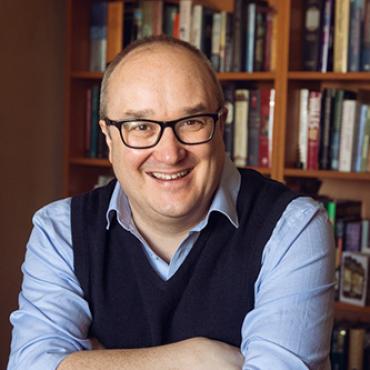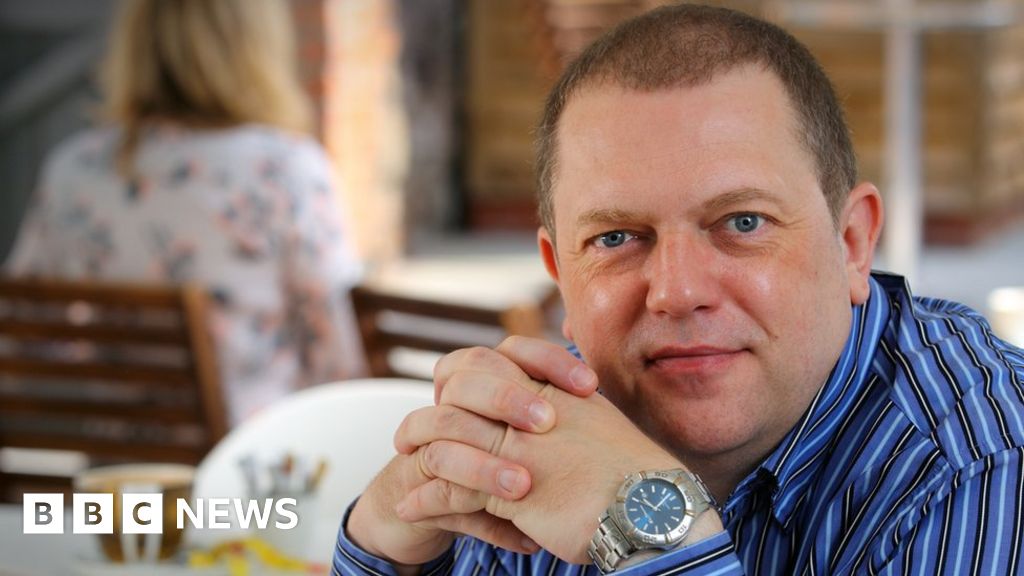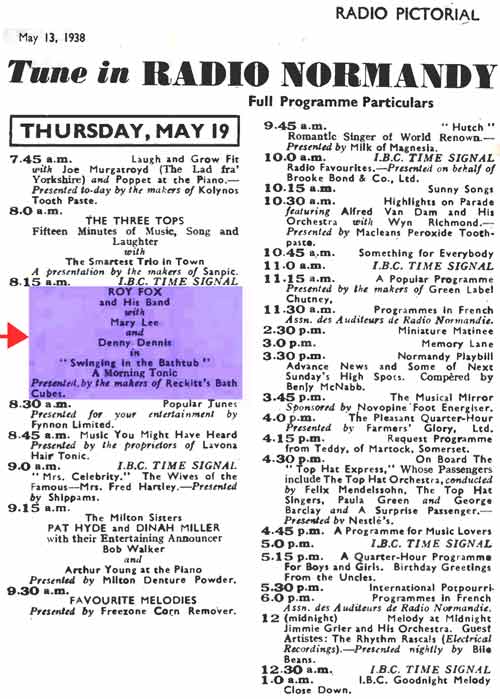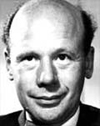 Roy Plomley présentait le programme de variétés Radio Normandy Calling enregistré dans des salles de théâtre de la côte sud de l'Angleterre où régulièrement il battait la BBC en termes d'audience. La fin des radios commerciales, dû à la guerre, causa un terme brutal à sa carrière. Dans la panique de la capitulation française en 1940, il regagna l'Angleterre accompagné de sa femme.
Roy Plomley présentait le programme de variétés Radio Normandy Calling enregistré dans des salles de théâtre de la côte sud de l'Angleterre où régulièrement il battait la BBC en termes d'audience. La fin des radios commerciales, dû à la guerre, causa un terme brutal à sa carrière. Dans la panique de la capitulation française en 1940, il regagna l'Angleterre accompagné de sa femme.
Roy Plomley presented the variety program Radio Normandy Calling recorded in theaters on the south coast of England where it regularly beat the BBC in terms of audience. The end of commercial radios, due to the war, caused an abrupt end to his career. In the panic of the French surrender in 1940, he returned to England accompanied by his wife.
 |  |  |  |  |  |  | |||||||||||||
 |  |  |  |  |  |  | |||||||||||||
| |||||||||||||||||||
| |||||||||||||||||||
émissions diffusées sur
"Haute-Normandie FR3 Radio" (Radio régionale de Service public) 2) (Durée 8'18) - La "brochure 1938" couleurs dont parlent M. Bruno Le Grand et Richard Plumet est visible au chapitre > Livres 3) (Durée 10'31) En 1983, le projet d'une exposition sur Radio Normandie s'est concrétisé. Devant les panneaux et documents prêtés par des Fécampois, M. Lefrançois se réjouit de ce succès. Egalement présent, Lucien Dufils évoque sa rencontre avec la célèbre speakerine Tante Francine lorsqu'il était tout jeune enfant puis sa participation à des émissions. In 1983, the project of an exhibition on Radio Normandie materialized. In front of the panels and documents lent by Fécampois, Mr. Lefrançois is delighted with this success. Also present, Lucien Dufils evokes his meeting with the famous announcer Aunt Francine when he was a very young child then his participation in programs. (Durée 16'24) (Durée 15'18) | |||||||||||||||||||
6 )Callsign of Radio Normandie - French programs "Our old apple trees" (E. Dior) Ouverture des programmes français (Durée 2'26) 7)
| |||||||||||||||||||
Comme à Radio Normandie - L'ambiance reconstituée du vendredi 21 mai 1937 (14 h 00) 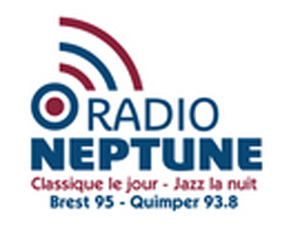 Une demi-heure comme à Radio Normandie. Le programme musical* du vendredi 21 mai 1937 à 14 h 00 reconstitué par par Radio Neptune - radio locale basée à Brest qu'il convient de féliciter pour cette initiative Une demi-heure comme à Radio Normandie. Le programme musical* du vendredi 21 mai 1937 à 14 h 00 reconstitué par par Radio Neptune - radio locale basée à Brest qu'il convient de féliciter pour cette initiativeHalf an hour like on Radio Normandie. The musical program* for Friday May 21, 1937 at 2:00 p.m. reconstituted by Radio Neptune - local radio based in Brest, which should be congratulated for this initiative https://radioneptune.fr/une-demi-heure-comme-a-radio-normandie-en-1937-ce-lundi-a-19h30/ * Par évidence, nous n'entendrons pas les commentaires anglais d'époque du présentateur de service cet après-midi-là. Selon le planning de cette journée, le présentateur pouvait être l'un d'entre eux : David J. Davies, Thorp Devereux, Kenneth Macanochie ou notre ami Ian (David) Newman * Obviously we will not hear the period English commentary from the presenter on duty that afternoon. Depending on the schedule for that day, the presenter could be one of these: David J. Davies, Thorp Devereux, Kenneth Macanochie or our friend Ian (David) Newman 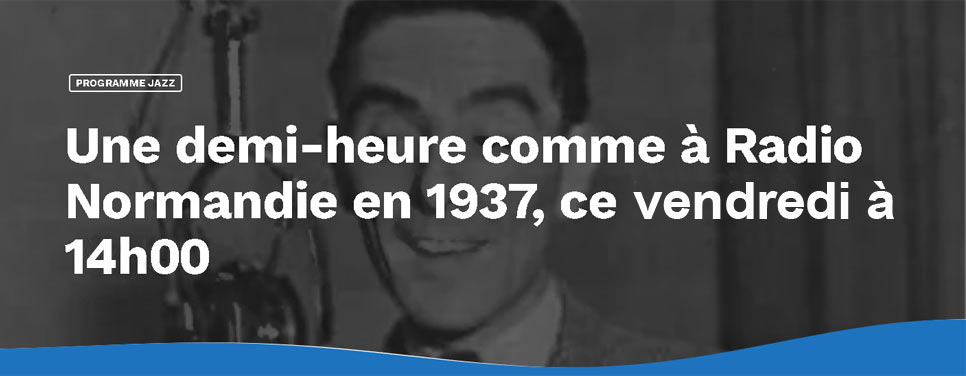 (Durée 30' 26)
| |||||||||||||||||||
announcing the new wavelength of 274 m from the new Louvetot transmitter: (Durée 13')
| |||||||||||||||||||
(Durée 9' 42)
"Rires et remise en forme" émission de gymnastique à la radio tous les matins à 7 H 45 (Désolé pour la qualité médiocre - Sorry for the poor quality) (Durée 1' 39")
(Durée 39")
(Durée 43") Voici une seconde version plus longue de fin de transmission à 1 h 00
Bonne nuit - Mélodie de bonne nuit - Mélodie signature des stations IBC. Chanson de valse 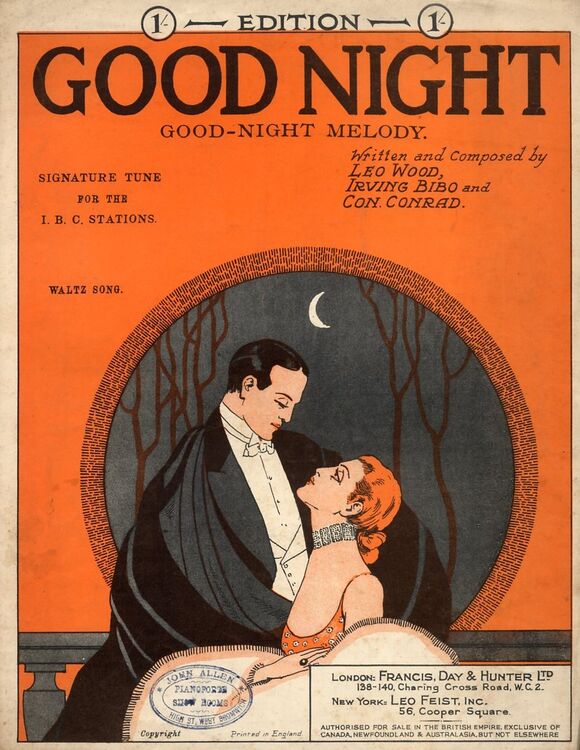
(Durée 2' 36)
(Durée 33") Premier court extrait
(Durée 39") Second court extrait | |||||||||||||||||||
(émission en anglais)
(Durée 30') During the report, we hear several Fécamp residents responding to Les Woodland in French during a street interview. Unsurprisingly, very few are aware of Radio Normandie's glorious past in their town. http://www.bbc.co.uk/radio4/
(Durée 57')
>> ouvrir la page / open the page Listen to the program while following the text transcribed Transcription by André (Rod) Cousin - Text corrected by David (Ian) Newman.
(Durée 57')
| |||||||||||||||||||
(documentaire en anglais) Voir la transcription française > ICI (Durée 44')  1ère PARTIE - Documentaire en anglais "Searching the Ether - Commercial stations from the Continent : "Les radios commerciales européennes émettant vers le Royaume Uni" réalisé par Alan Thompson et Dave Howell. Dans les années 30, la radio commerciale parvenait au Royaume Uni par les émissions du Poste Parisien, de Radio Normandy... Documentary in English "Searching the Ether - Commercial stations from the Continent: "European commercial radio stations broadcasting to the UK" directed by Alan Thompson and Dave Howell. In the 1930s, commercial radio reached the Kingdom United by the broadcasts of the Poste Parisien, Radio Normandy... (documentaire en anglais) Voir la transcription française > ICI (Durée 37')
| |||||||||||||||||||
| |||||||||||||||||||
english version : http://www.turnipnet.com/whirligig/tv/memories/snippets/snippets33.htm
| |||||||||||||||||||
english version
| |||||||||||||||||||
émission régulière sur Radio Normandie en 1937, c'était un programme de Music Hall, enregistré aux studios IBC, à Londres sur disques 12 pouces 78 tours envoyés à Fécamp pour être diffusés. 80% des auditeurs écoutaient l'émission. Malheureusement le contenu du programme a été supprimé de l'enregistrement, sauf l'intro, les annonces et les publicités. A regular show broadcast over Radio Normandy in 1937, this was a programme of Music Hall favourites, recorded at IBC Studios, London, onto 12" 78rpm records and sent out to the station for broadcast. It was reported that 80% of the listening public tuned in to these shows. This audio has had the programme content edited out leaving the intro, announcements & commercials. (Durée 3' 13) - https://www.youtube.com/watch?v=FfgQrHVVyWA&ab_channel=roysonline
| |||||||||||||||||||
|
| |||||||||||||||||||
| |||||||||||||||||||
 | |||||||||||||||||||
| |||||||||||||||||||

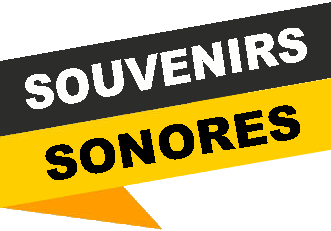
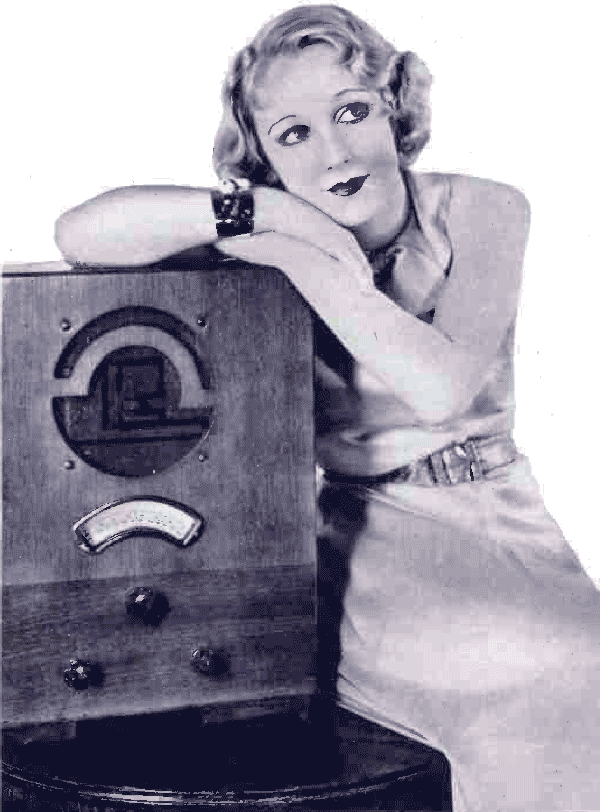

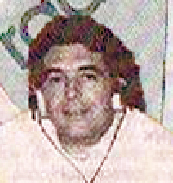
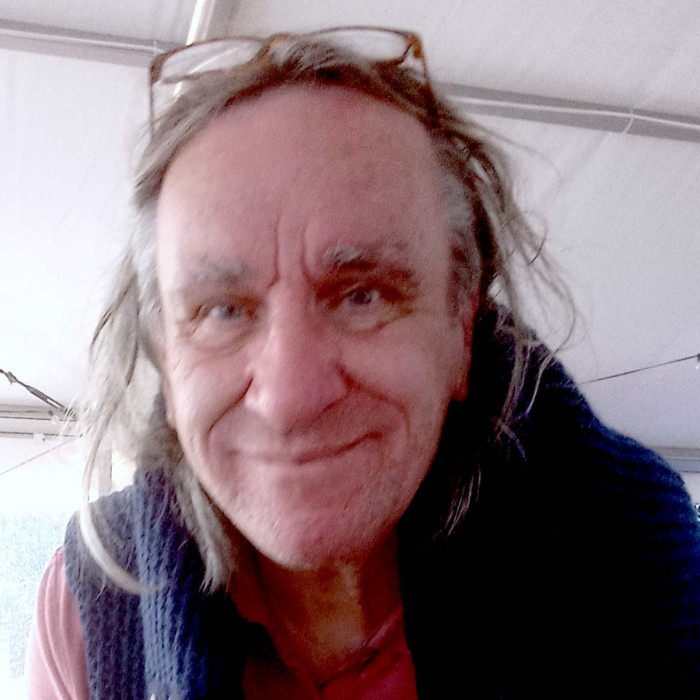

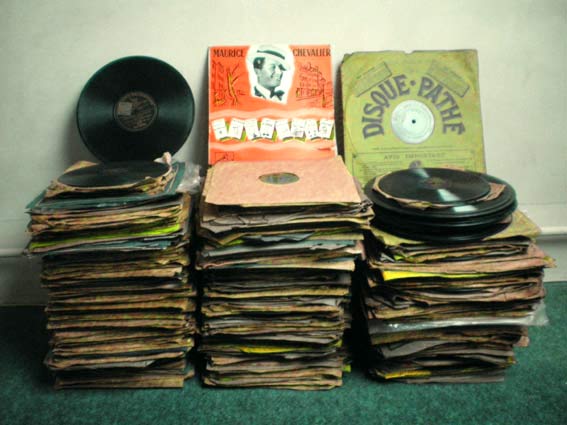
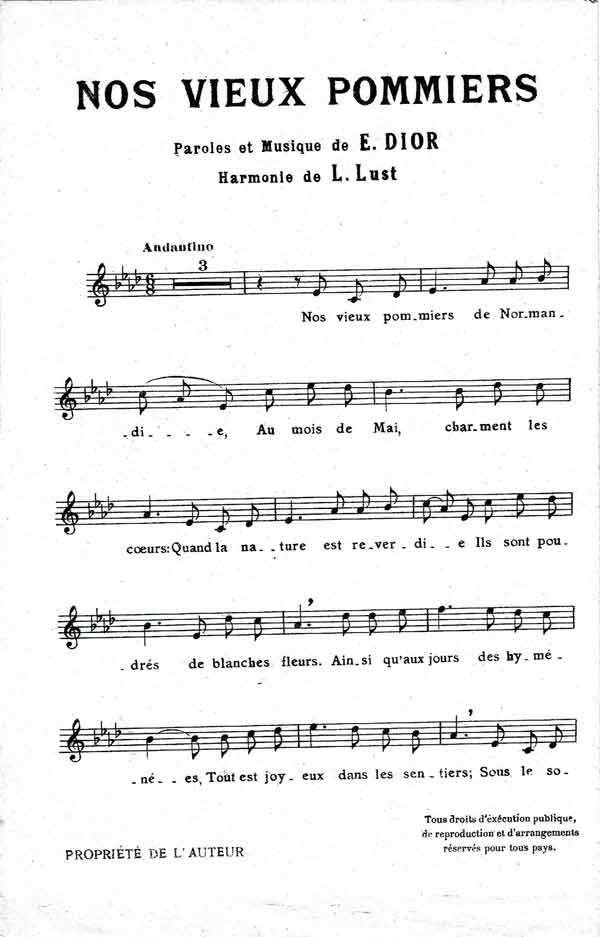
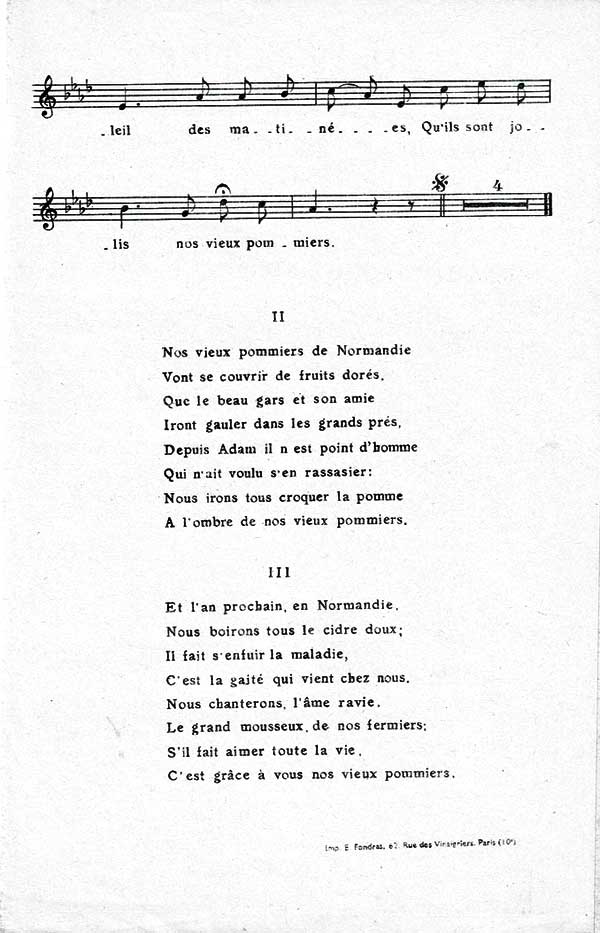
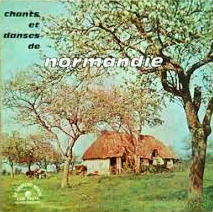 Les
Les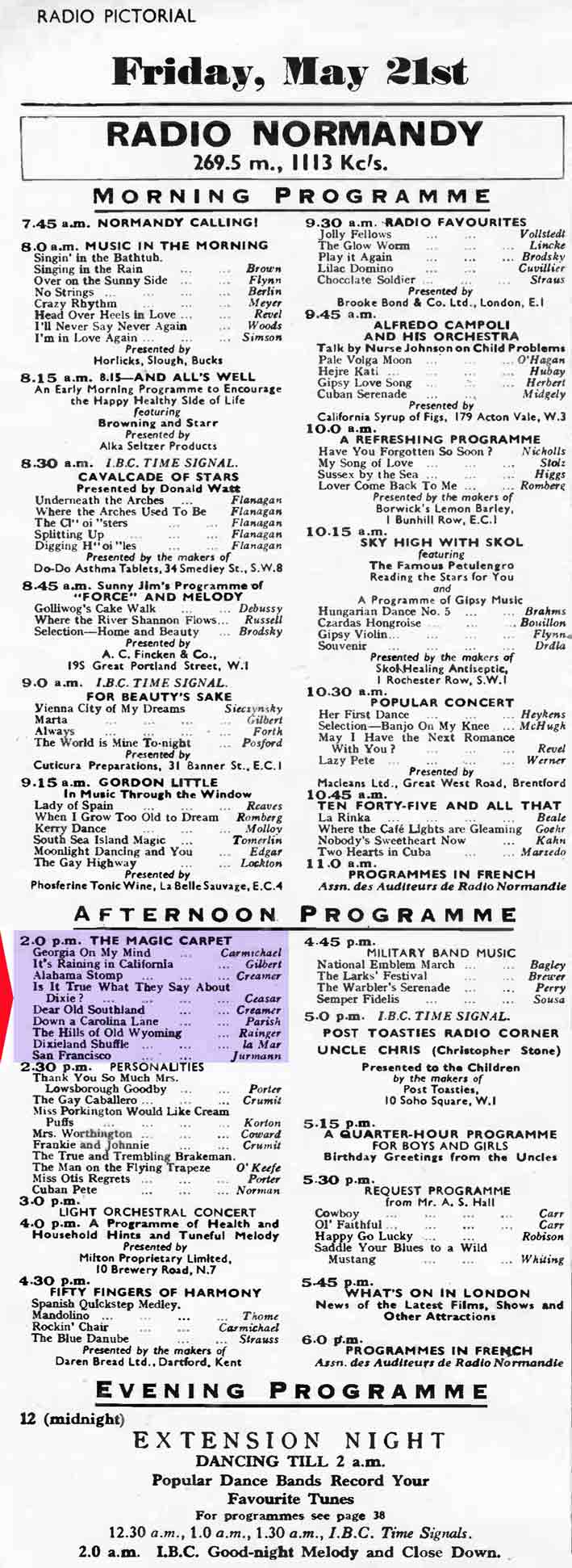
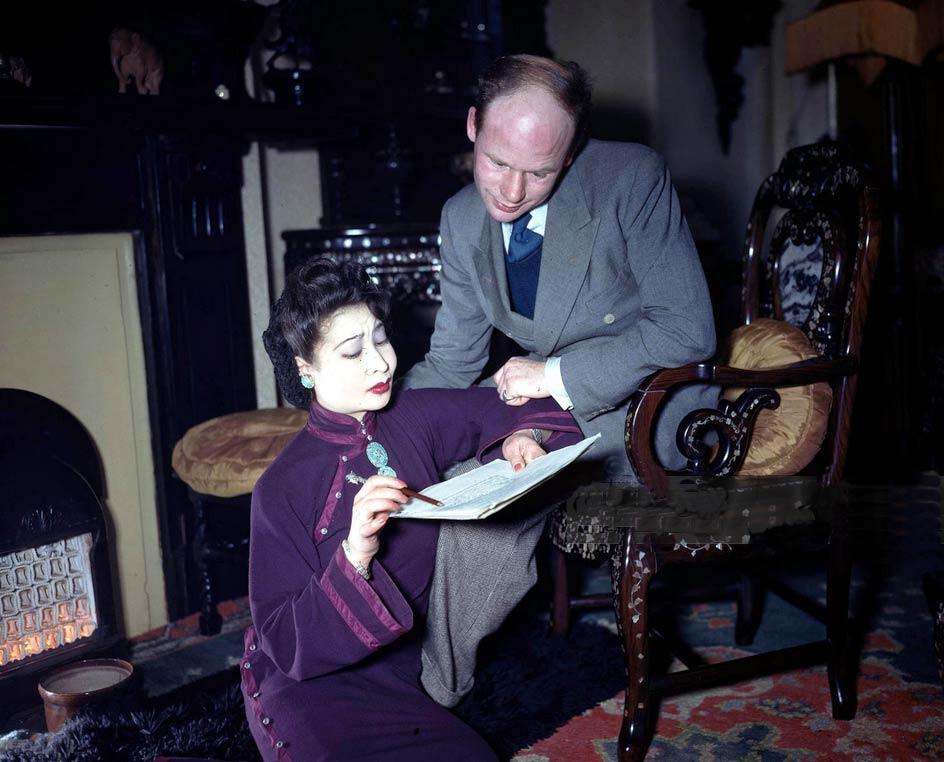
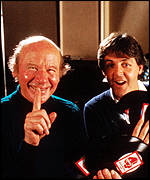 < Roy Plomley avec Paul Mc Cartney (1985)
< Roy Plomley avec Paul Mc Cartney (1985) 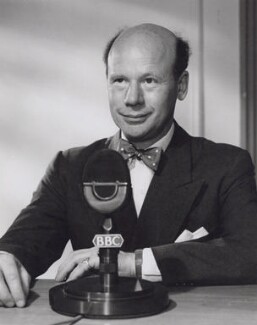 < Roy Plomley à la BBC (après la guerre)
< Roy Plomley à la BBC (après la guerre)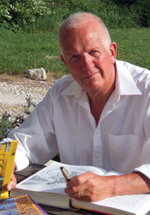
 Reportage intitulé "The First Pirate" (Le premier pirate) sur la vie
Reportage intitulé "The First Pirate" (Le premier pirate) sur la vie 
